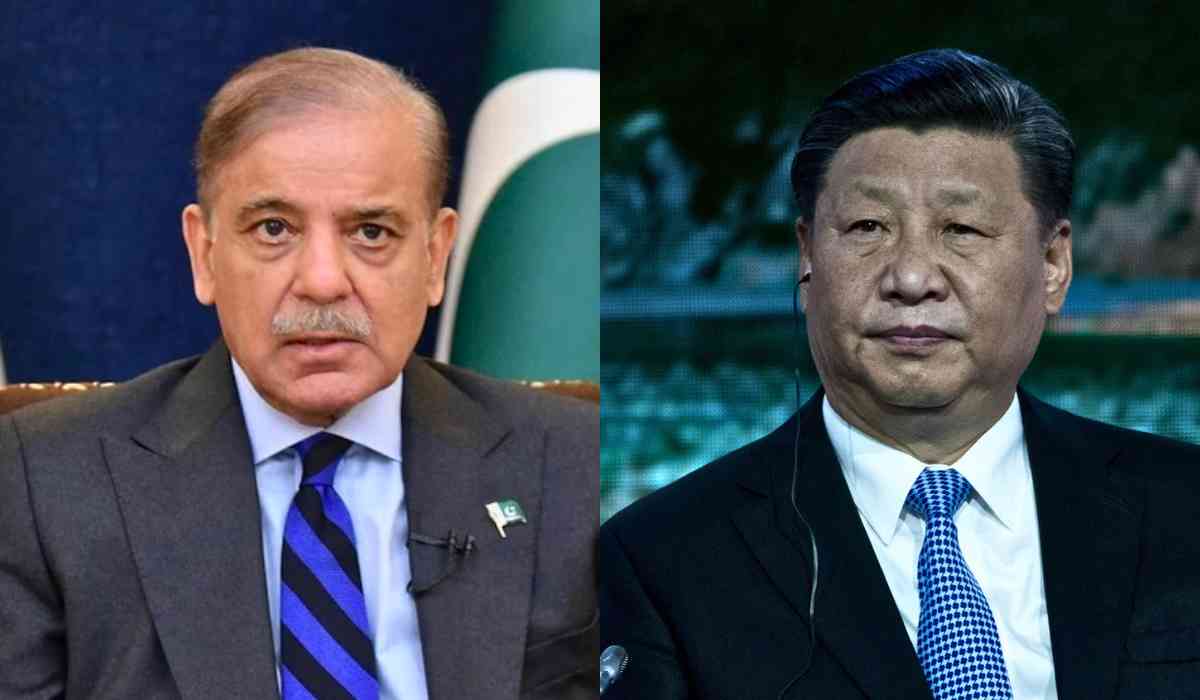The Kashmir Conflict: A Quick Background
The dispute over Kashmir dates back to 1947, when British India split into India and Pakistan. Both nations claim Kashmir, leading to multiple wars and ongoing skirmishes. The Line of Control (LoC) divides the region, but violence flares up frequently. The latest attack in Pahalgam, the deadliest in nearly two decades, has reignited this decades-old feud. India blames Pakistan-based groups like Lashkar-e-Taiba for the attack, citing evidence that two attackers were from Pakistan. Islamabad denies involvement and demands an independent investigation. In response, India has suspended key agreements, including the Indus Waters Treaty, closed borders, and expelled diplomats. Pakistan retaliated by shutting airspace to Indian flights and halting trade.
China’s Role: Mediator or Supporter?
China, a close ally of Pakistan and India’s regional rival, has called for “restraint” and welcomed de-escalation efforts. But its neutrality is under scrutiny. China’s Belt and Road Initiative (BRI) includes the $60 billion China-Pakistan Economic Corridor (CPEC), which passes through Pakistan-administered Kashmir, giving Beijing a vested interest in Pakistan’s stability. Meanwhile, China and India have their own territorial disputes, like the 2020 Galwan Valley clash. While not directly siding with Pakistan, China’s regional ambitions often align against Indian interests. China has urged both nations to avoid war but stopped short of condemning Pakistan, instead pushing for an “independent investigation” into the Pahalgam attack-a move seen as subtly supporting Islamabad’s demand for third-party mediation.
What’s Happening Now?
Skirmishes along the LoC continue daily, with both sides exchanging gunfire. India’s navy has tested missiles, while Pakistan’s defense minister warned of an “imminent” Indian military incursion. Domestically, Indian forces have detained 500+ individuals and demolished homes in Kashmir, drawing criticism from local leaders. Globally, the U.S. and EU have called for calm, but no major power has intervened directly. China remains the most active external player, balancing its strategic ties to Pakistan with cautious diplomatic outreach to India.
Why This Matters
The risk of a full-blown war is low but not impossible. Both nations have nuclear weapons and a history of miscalculations, like the 2019 Balakot airstrike. For China, the crisis is a double-edged sword: strengthening Pakistan weakens India, a regional rival, but escalation could destabilize BRI projects and force China into a corner. The world watches nervously, hoping diplomacy prevails over conflict.
The Big Picture
While China hasn’t explicitly backed Pakistan, its actions suggest a preference for maintaining the status quo. By advocating dialogue without alienating Islamabad, Beijing walks a tightrope. For now, the crisis underscores South Asia’s fragile geopolitics, where peace hangs by a thread. Key takeaways include India-Pakistan tensions at their worst since 2019, China’s nuanced role in balancing alliances, and the passive stance of global powers, leaving regional players to navigate the crisis. As the situation evolves, the need for de-escalation grows urgent.
With inputs from agencies
Image Source: Multiple agencies
© Copyright 2025. All Rights Reserved Powered by Vygr Media.




























